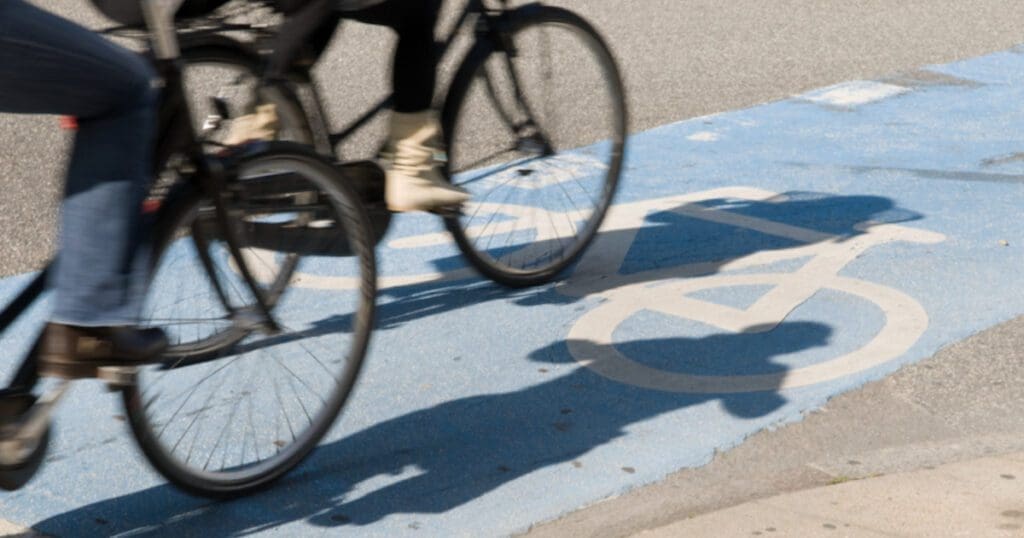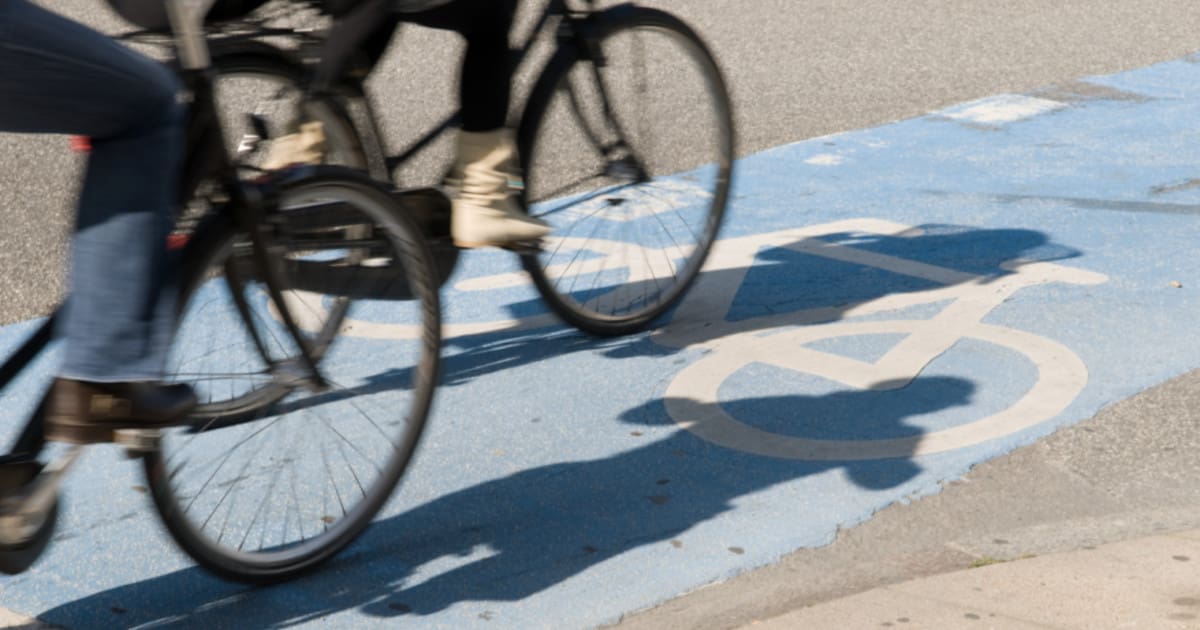A Parable of the Bike
Let me call today’s Mindwalk “A Parable of the Bike.”
When I read, “What I learned from my bike,” it surprised me with what I learned.

The parable of the bike
The author’s reflections did not refer to pleasant bike rides in the safety of a park. He speaks of the hostility and risks faced by bike riders on busy city streets or highways.
It is downright dangerous to be a bike rider through no personal fault.
“People I have never met are angry at me for just being on a bike in “their” road and they let me know with colorful language and other acts of aggression.”
He believes most people in cars are not personally aggressive toward him. Rather, he suggests that our way of thinking and transportation infrastructure supports privileges for the automobile.
“Nice, non-aggressive people—put me in danger all the time because they see the road from the privileged perspective of a car. “
“… they don’t realize that a pothole or a buildup of gravel or a broken bottle, which they haven’t given me enough room to avoid – because, in a car. they don’t need to be aware of these things which could send me flying from my bike or cost me a bent rim or a flat tire.”
“So, when I say the driver is privileged, it isn’t a way of calling him a bad person or a man-slaughterer or saying he didn’t really earn his car or truck. (It is “just way of acknowledging) … that if he and I get in a collision, I will probably die and he will just have to clean the blood off of his bumper. “
“And so, people in cars—nice, non-aggressive people—put me in danger all the time because they see the road from the privileged perspective of a car.”
He raises an important question. Can we rethink our approach to transportation so that the rights and safety of all are fostered?
Unpacking the parable of “privilege”
He continues…
“I can imagine that for people of color life in a white-majority context feels a bit like being on a bicycle in midst of traffic.
They have the right to be on the road, and laws on the books to make it equitable, but that doesn’t change the fact that they are on a bike in a world made for cars. Experiencing this when I’m on my bike in traffic has helped me to understand what “privilege talk” is really about.”
“(when people speak of privilege) they are not saying you didn’t really earn your college degree, they just want you to try empathize with how scary it is to be on a bike sometimes (metaphorically speaking).”
In my own words…
My own sense of “privilege” is often unconscious. When I am frustrated by the long wait in a doctor’s office, I am often unconscious of my clerical privilege of having access to a level of health care others do not. I only become conscious of my privilege when I realize how many people in neighborhoods and especially in war-torn areas do not have access to a nurse let alone a doctor and a hospital.
I am not a bad person because I enjoy this privilege. But privileged I am. I am privileged by having had a supportive head start to personal development and continued access to mentors beginning with parents who had a job, and so many other things I did not personally earn.
All analogies limp but …
- Why does speaking of privilege upset so many?
- What can I do to help others experience the same privileges I have taken for granted?
Originally posted on Vincentian Mindwalk
Tags:







Thanks for the write-up. Greetings from Botswana to you.